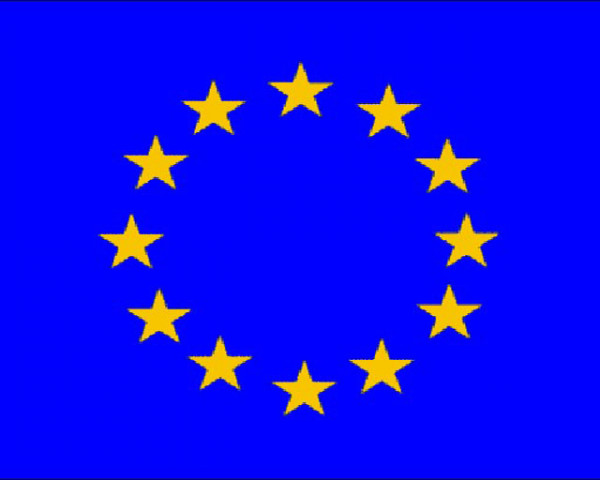
However, a senior Pakistani official put it the other way. “India did not oppose Pakistan at the WTO meeting rather it opposed the EU move,” he said, adding that the EU would now take up the matter with New Delhi.
The rejection was made at a meeting of the Council for Trade in Goods (CTG) recently held at the WTO headquarters in Geneva.
Sources in Pakistan’s commerce ministry told Express that the European Union Commission had sought WTO’s approval for duty-free access to Pakistani products worth $500 million.
According to the sources, most of the WTO members were in favour of the EU move, but some of them, including India, opposed giving the special trade privilege to Pakistan.
India argued that most of the Pakistani products to be given duty-free access to European markets were not manufactured in the areas devastated by the recent floods.
It said the EU wanted to offer the GSP facility to Pakistan to help tens of thousands of people affected by floods. But since most of the industrial units, where the items are being produced, are located in the areas unaffected by floods, the move would help industrialists and not the flood survivors.
New Delhi said that the international community should provide more funds for the rehabilitation of the flood survivors instead of offering it the GSP facility.
Pakistan’s Commerce Secretary Zafar Mehmood confirmed that India opposed the EU move at the WTO meeting. He added that since it was the EU move, now the European Union would try to win over India before next WTO meeting.
Sources told Express that the European Union Council had unanimously approved duty-free access to Pakistani items in European markets. And it had mandated the European Union Commission to seek approval for the move from the WTO.
The move was to be implemented from January 1, 2011 after approval from the WTO. However, India’s opposition has put the trade privilege for Pakistan in the doldrums.
Sources told Express that Pakistan was supposed to export $500 million worth of items to European markets under the GSP facility.
It is the first time in the history of European Union that a non-European country would be given duty-free access to European markets. Earlier this facility was extended to Bosnia Herzegovina and Moldova.
Commerce Secretary Mehmood said that Pakistan would automatically get GSP-Plus status following duty-free access to its products in European markets. And under the GSP-Plus facility, Pakistani products would get duty-free access to American markets.
Sources told Express that with the GSP-Plus facility Pakistan would be able to export billions of rupees worth of products to American markets under the Reconstruction Opportunity Zones agreements between Islamabad and Washington.
However, following the rejection of the EU move by the WTO, the future of the GSP-Plus facility for Pakistan also hangs in the balance.
Published in The Express Tribune, December 4th, 2010.
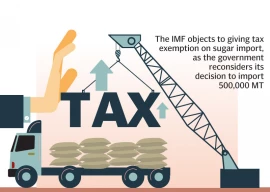
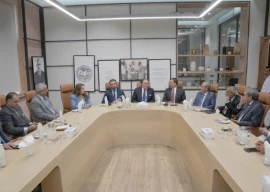

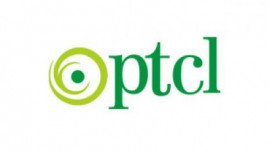


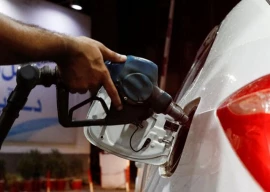
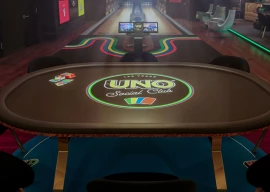
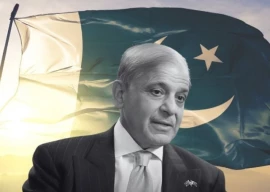









COMMENTS
Comments are moderated and generally will be posted if they are on-topic and not abusive.
For more information, please see our Comments FAQ